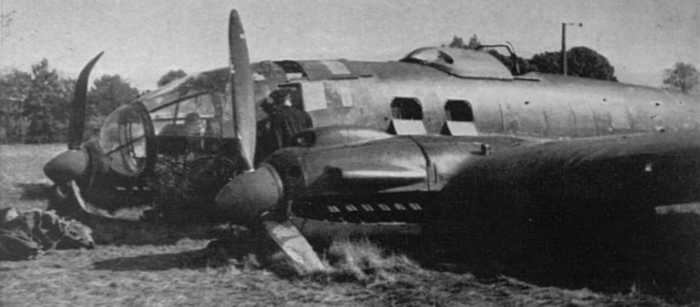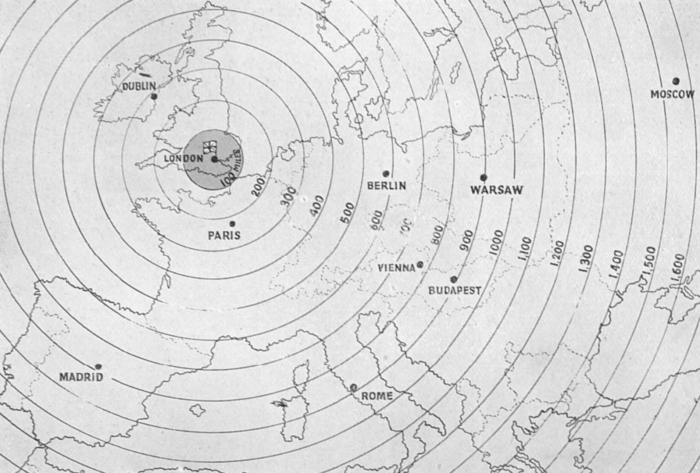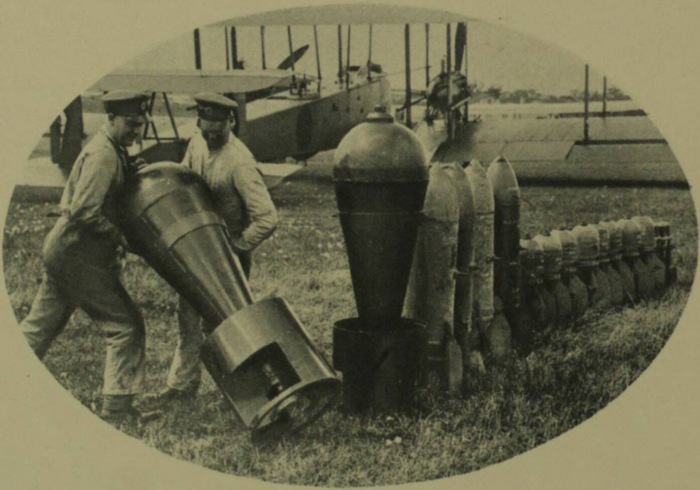
So, to conclude my survey of the career of Stanley Baldwin's phrase 'the bomber will always get through' in the British press (or at least in the British Newspaper Archive), here's how it fared during the Second World War.
Somewhat surprisingly -- given that the Luftwaffe was expected over London at almost any moment -- it wasn't quoted much in the last quarter of 1939, and when it was, it was generally in line with the turn of opinion earlier in the year. The Newcastle Journal's military correspondent, for example, wrote that
Lord Baldwin’s famous statement 'that the bomber will always get through' is by no means as generally accepted as it was at the time it was uttered, and from my own knowledge I would sooner pin my faith to Mr Churchill’s dictum that 'the [ground] will master the air.'1
W. T. Blake, author of To-day with the RAF, was described in a book review as believing 'that some of the bombers will always get through', though he was also said to be 'enthusiastic about our fighters', while the reviewer, 'Military Man', opined that 'I am inclined to think that he underrates the advance in anti-aircraft gunnery and so forth'.2
The picture becomes less clear in 1940: polemic and dogmatism are out. There are a few forthright anti-Baldwinians, such as Commander H. Pursey who, on his way to telling readers not to worry about the E-boat menace, wrote that
We have heard a similar false argument, 'The bomber will always get through.' But we now know that with adequate defence this claim is a fallacy. If aircraft with a speed of 300 miles per hour and free to move in two dimensions can be hit by land and ships' guns as well as by aircraft, so can a motor boat.3
More generally, though, there was a swing back towards Baldwin, but with a greater emphasis on morale, whether of the bombers or the bombed:
Recent events have demonstrated that, as Lord Baldwin once observed, notwithstanding the most elaborate defences against air attacks 'the bomber will always get through' if he is prepared to take the risks. This assertion neverthless applies to the British and French Air Forces as well as the German Luftwaffe. In fact, since the skill and daring of our airmen is on the average superior to that of the Germans, other conditions being equal, they are likely to 'get through' more effectively than the latter.4
And
It is not as true as it was when Lord Baldwin declared it that 'The bomber will always get through.' Ground defences and fighter aircraft have been developed greatly since then and the raider's immunity is not so great as it was. But it remains true that the only real answer to one bomb is another bomb. The Germans now know that from the air they will get blow for blow. The prospect is no pleasant one for either country, but that side will win which can last out the pace.5
And:
The Battle of Britain has begun in real earnest. Enemy aircraft carried out bombing raids on the East Coast of England in the early hours of this morning, the attacks ranging from the Humber to the Thames. The bombers will always get through at a price, and in a race with time Hitler will not count the cost.6
Note that all three of these examples are from the weeks immediately after Dunkirk and just before France's surrender. So the context here is that the Allied armies have been broken on the Continent and the air war is assuming greater importance. And June was the peak month of interest in Baldwin's dictum in BNA for the entire war.
Afterwards quotations decline in number, though never entirely disappearing. An odd misremembering during the Blitz crops up: 'A long time before the war began we heard the prophetic words: "The night bomber will always get through"'7 When the secret of radar was revealed, the Falkirk Herald hoped that it would prove effective against the night bomber, just as it had been shown that it was a 'pessimistic dictum of a British statesman few years ago that the bomber will always get through', at least 'So far as daylight attacks are concerned'.8 Even with the bombing of Germany rising in intensity, there are only a few scattered references:
Lord Baldwin's dictum that the bomber will always get through no longer holds, but on all these occasions the bomber did get through in spite of all that the German defence could do to divert or weaken the attack.9
A scathing review of 'Hot-gospeller of the air' Giulio Douhet's Command of the Air equates Douhetism with Baldwinism:
The nearest thing to Douhet’s ideal striking force is the American Eighth Army Air Force of Flying Fortresses. Granting his assumptions that 'the bombers will always get through' -- echoes of his doctrines have cropped up in odd places in the past twenty years -- the rest follows automatically.10
Finally, one particularly interesting use seems to be suggesting that Baldwin's pessimism was perversely helpful:
Even before Munich the British people had resigned themselves to Lord Baldwin’s dictum that 'the bomber will always get through.' Bad as Hitler’s raids on us have been, they have never been as death-dealing or as devastating as we expected. The Germans, on the other hand, sheltered themselves behind Goering’s promise that no enemy bomber would ever penetrate Nazi defences. Mr Harsch, one of the best American observers in post-war Berlin, has told how Hitler's greatest victory was his conquest of his once defeated people’s fear of war. He really did persuade them his war would be painless.11
In the end, 'the bomber will always get through' is no longer used because it's longer useful: it's a relic of a bygone age, when, fourteen years after the last great air war, nobody knew for sure which way the balance of war between bomber, fighter and anti-aircraft gun would tilt. Baldwin's rhetoric was powerful then, but now there was more than enough real-world evidence to go on. So, from a near-orthodoxy between 1932 and 1938, to a suddenly-absurd proposition in 1939, and a modest statement when (and only when) properly qualified in 1940 and 1941, it was an irrelevancy thereafter. At least, as far as the newspapers in BNA are concerned.
What of my original question: was 'the bomber will always get through' a shorthand for the knock-out blow theory? After seeing how infrequently it seemed to be quoted in the press, I initially thought not. But now I'm not so sure. When it was used, it was frequently introduced as 'Baldwin's dictum' or 'famous words' and so on; and that some began to invert or parody his words in 1938 and 1939 suggests that they and their meaning were widely recognised. So I'm going to take this as a lesson not to go about distantly reading without closely reading as well.
Image source: The Sphere, 1 June 1940, 16.
![]() This work is licensed under a Creative Commons Attribution-NonCommercial-NoDerivatives 4.0 International License.
Permissions beyond the scope of this license may be available at http://airminded.org/copyright/.
This work is licensed under a Creative Commons Attribution-NonCommercial-NoDerivatives 4.0 International License.
Permissions beyond the scope of this license may be available at http://airminded.org/copyright/.
- Newcastle Journal and North Mail, 27 October 1939, 7. [↩]
- Daily Record and Mail (Glasgow), 27 November 1939, 5. [↩]
- Evening Express (Aberdeen), 10 August 1940, 4. [↩]
- Larne Times, 8 June 1940, 4. [↩]
- Evening Telegraph (Dundee), 22 June 1940, 2. [↩]
- Belfast Telegraph, 19 June 1940, 6. [↩]
- Staffordshire Advertiser (Stafford), 1 February 1941, 5. [↩]
- Falkirk Herald, 21 June 1941, 4. [↩]
- Evening Telegraph, 31 January 1944, 2. [↩]
- Birmingham Post, 14 December 1943, 2. The review is signed HRGW. [↩]
- Manchester Evening News, 6 March 1942, 4. [↩]




